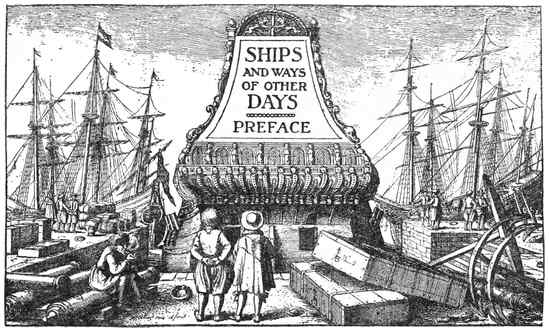
Robert Dudley, the 1st Earl of Leicester (1532–1588), is a renowned figure in the history of Tudor England, celebrated for his close ties to Elizabeth I and his numerous political and military responsibilities. Despite his high status, his vibrant life was filled with controversies, particularly his role in the attempted queenship of Lady Jane Grey and the later pardon he received from Philip of Spain.
While Dudley held the position of Lieutenant and Captain-General of England during the crisis posed by the Spanish Armada, this account centers around his illegitimate son, also named Robert Dudley (1574–1649), who was born to Lady Douglas Sheffield. Educated at Christ Church College, Oxford, this younger Dudley exhibited an early interest in maritime exploration, inspired by his family’s seafaring background. His aspirations eventually led to a disputed legitimacy claim, which he did not win, and a privateering endeavor under the commission of Queen Elizabeth.
Robert Dudley entered into marriage twice; initially to Margaret Cavendish and subsequently to Alice Leigh, with whom he fathered seven daughters. In 1605, he departed England alongside his cousin Elizabeth Southwell, converted to Catholicism, and embarked on an important chapter in Florence, where he served the Medici court.
In Florence, Dudley managed the construction of the Porto Mediceo, contributed to the establishment of a Medici navy, and facilitated the port’s international trade growth. Elevated to the title of Duke of Northumberland by the Holy Roman Emperor and maintaining influence within the Florentine court, he later turned his attention to writing.
Dudley’s principal work, “Dell’ Arcano del Mare” (“The Arcanum of the Sea”), is a six-volume maritime compilation, recognized for being the first printed sea atlas to encompass the entire globe and to implement Mercator’s projection. The publication integrates advancements in navigation and maritime exploration into an artistic and technical work, intended to enhance practical navigation, despite having a limited subsequent impact on the development of nautical charts.
In addition to his literary achievements, Dudley bequeathed scientific instruments that are now preserved in Florence’s Museo Galileo, illustrating his ongoing influence on maritime science.
Robert Dudley passed away in 1649, leaving behind a profound legacy through his writings, innovations, and contributions to maritime art and science. His life, intricately intertwined with the historical and political changes of his time, epitomizes a combination of personal ambition, intellectual inquisitiveness, and geopolitical involvement.